When Does Damodar Month Start in 2025?
There is a slight variation based on the tradition you follow, such as ISKCON or the general Hindu panchang. Here are the commonly accepted dates:
According to the ISKCON calendar, Damodar Maas in 2025 starts on 7 October 2025 (Tuesday) and ends on 6 November 2025 (Thursday).
In some general Hindu sources, Kartik (Damodar) Month is noted to start on 8 October 2025 and end on 6 November 2025.
Some sources also mention that for ISKCON devotees, the observance may begin on 7 October, while the official Kartik starts on 8 October.
How to Celebrate / Observe Damodar Month
Here’s a suggested framework that combines traditional practices, spiritual disciplines, and modern adaptations.
- Begin with Purification & Intention
On the first day, wake up early (Brahma-muhurta) and take a sacred bath (snāna) before sunrise.
Offer prayers and set a clear intention or sankalpa for the month, for example, “I dedicate all devotional service to Lord Damodar.”
Clean and decorate your puja altar with fresh flowers, incense, and lamps.
- Daily Practices (Nitya Bhakti)
These are daily activities you can aim for:
Deepa-dāna (Lamp Offering): Lighting a ghee lamp (desi ghee) in the morning or evening before the Deity or near the Tulsi plant is a key part of Damodar observance.
Kirtan / Bhajans / Mantra chanting: Sing or recite the names of Krishna, Damodar, or Vishnu, or chant the Damodarāshtakam.
Scripture reading / listening: Read or listen to the Bhagavad Gītā, Śrīmad Bhāgavatam, or purāṇic stories about Krishna’s līlās.
Worship the Tulsi plant: Offer water, flowers, and incense to the Tulsi plant daily if you have one.
Temple visits / darśana: Visit local Krishna or Vishnu temples and take part in arati and offerings.
Charity / service: Feed the poor, distribute lamps or ghee, or engage in volunteer work.
Fasting / dietary discipline: Some observe partial fasts (one meal a day) or avoid certain foods (non-veg, onion, garlic).
- Special Days & Events
During Damodar Month, certain days are especially auspicious:
Rohini Nakṣatra days: Worship Krishna especially, as Rohini is his birth star.
Eka-dashi, Dvādaśī: Observe fasts or special prayers on these lunar days.
Gopashtami, Govardhan Pūja, Diwali, etc.: Many major festivals occur within Kartik / Damodar month, so integrate their rituals.
Deepotsava (Festival of lamps): During certain nights, especially on Kārtika Śukla (bright fortnight), large lamp offerings are made.
Damodar Arati / Abhisheka days: Many temples perform special aratis, abhishekas (sacred bathing of the deity), or festivals focused on Krishna.
- Evening Rituals: Lighting & Singing
In the evening, as dusk arrives, light rows of lamps (diyas) in your puja room, near windows, or outside to symbolize driving away darkness.
Sing kirtan or devotional songs, recite prayers, or reflect in silence.
Recite Damodarāshtakam (eight verses glorifying Damodar) as an offering.
- Continual Remembrance & Mindfulness
Keep devotional thoughts present in your daily life and view everything as service to the Lord.
Engage in sankīrtana (spiritual singing) informally with family or friends.
Keep your diet, speech, and activities pure and in line with devotion.
- Concluding the Month
On the last day, perform special worship (arati, abhisheka) and celebrate the conclusion of the month.

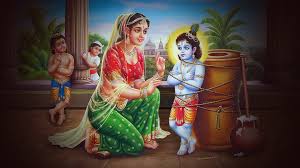
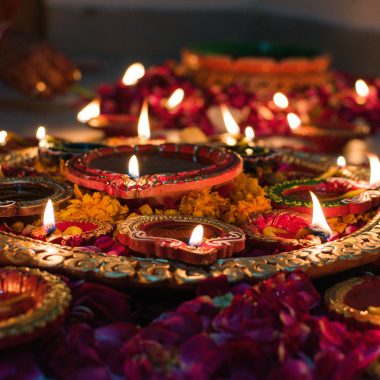
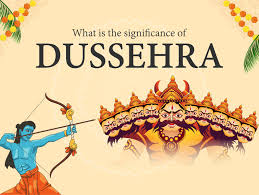
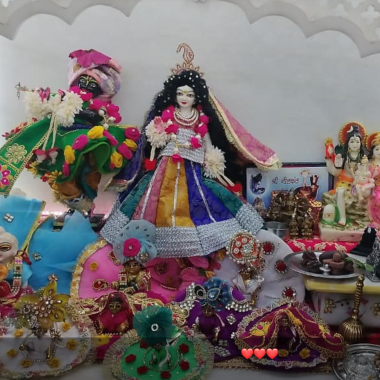
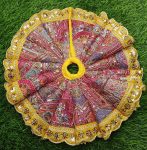


Nice